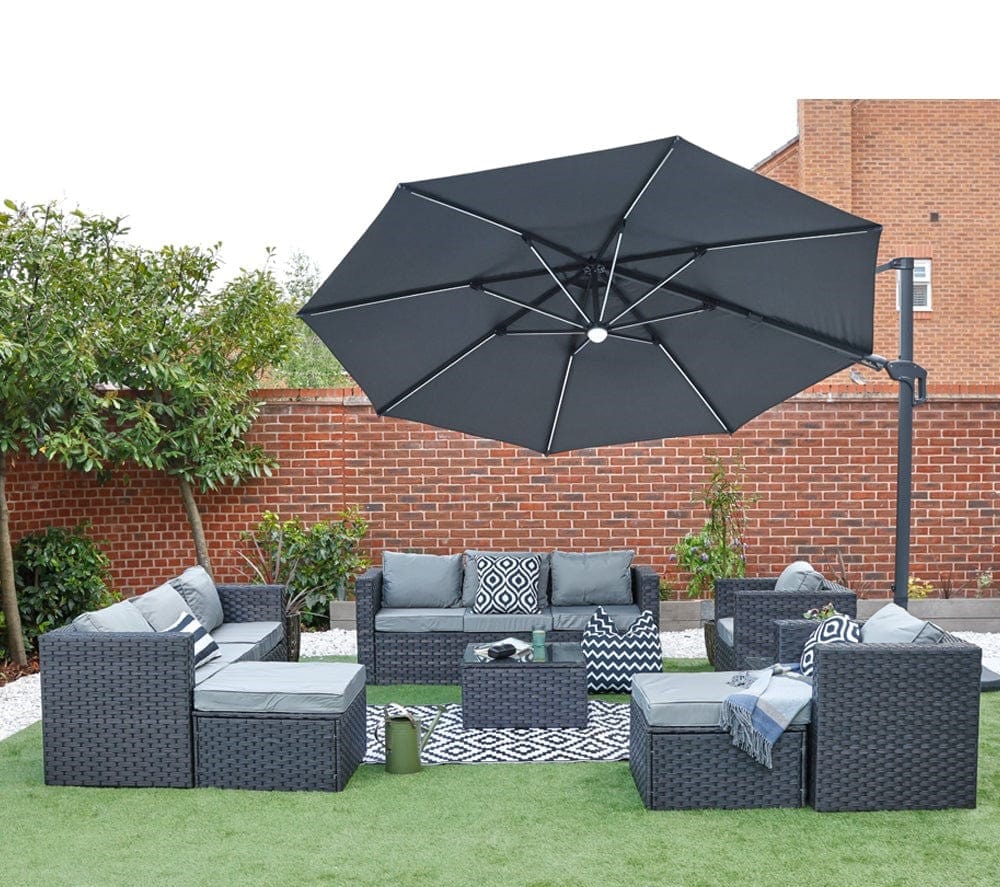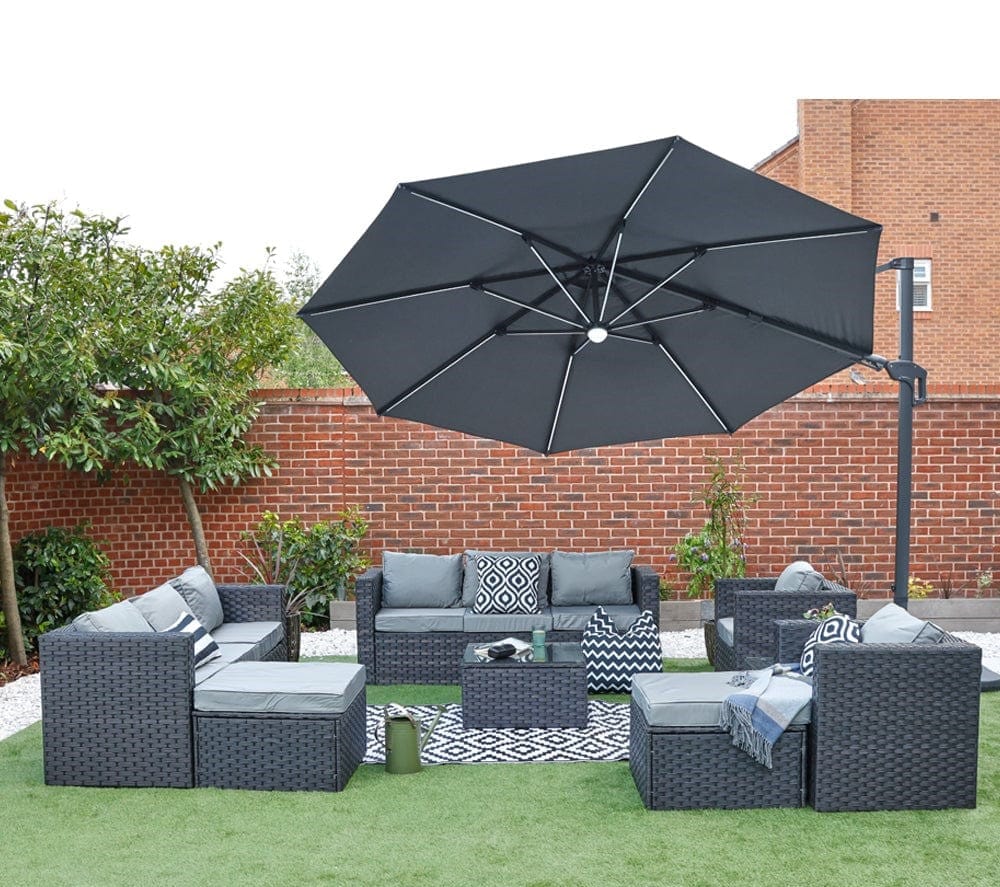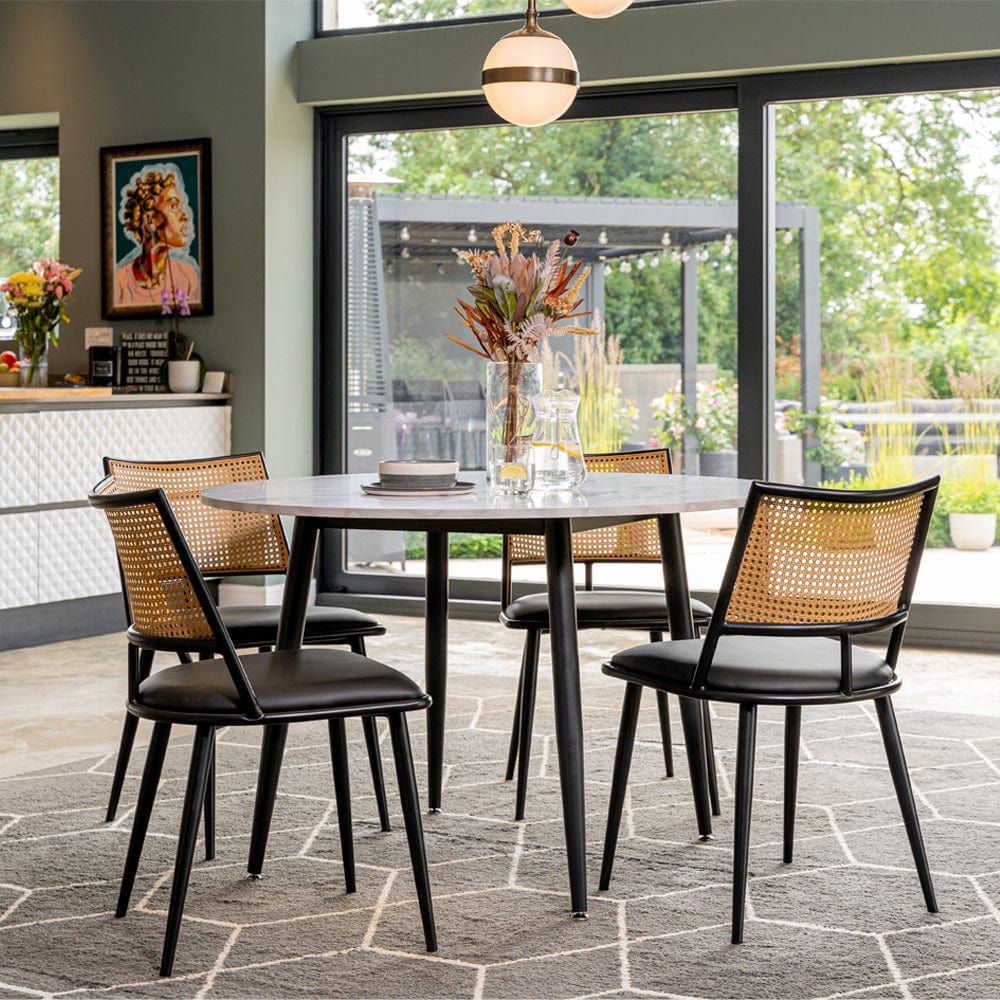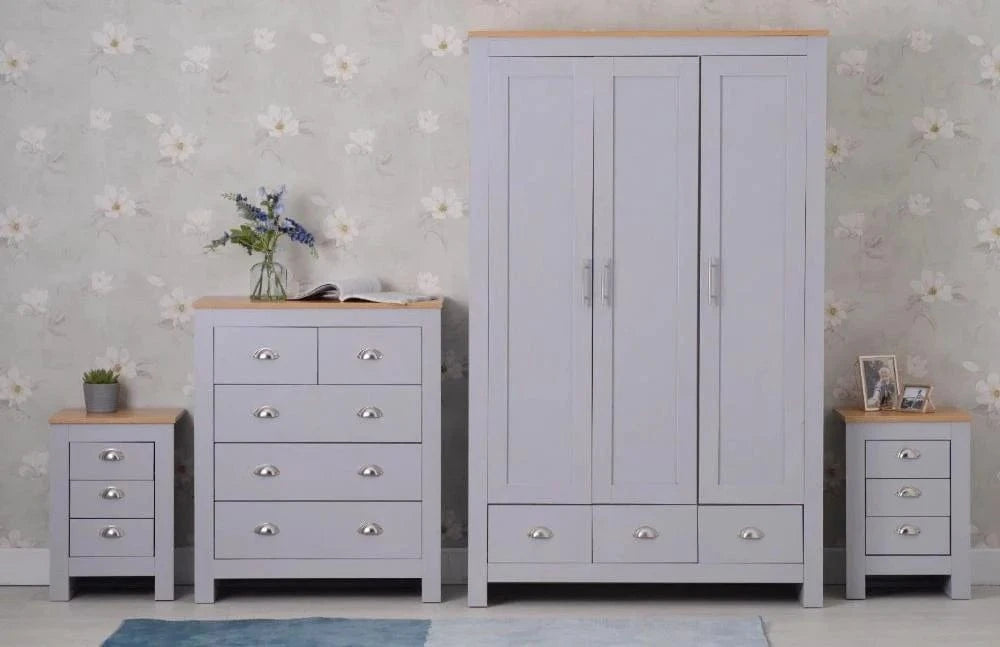7 Ways to Attract Birds in Your Garden
7 Ways to Attract Birds in Your Garden
While setting up a garden, you may manage to sneak in all sorts of insects through the fertilizers and plants you get. If you already have pets, they may also become a part of this new habitat, helping you create your very own ecosystem right in the garden. However, you may feel there’s still something missing. You’re right!
No garden ever feels complete or content until it’s alive with birds. From wild birds to domestic ones, water birds to land species, or imported garden birds versus local birds, having different species and variety of birds brings its own charm to your garden. Whether its a common house sparrow feeding on bird seeds and fresh water, or the rarer species of birds, such as woodpeckers, songbirds, chaffinches, or any other relative in the splendid family of feathered friends, you may want different birds to deck those native plants and birdhouses to get your garden to look complete and inviting.
Hands down, a silent garden looks gloomy, whereas a garden with chirping greenfinches and starlings brings lasting joy and contentment to your garden.
Do birds naturally occupy a garden?
Nature and life do find their ways across your concrete jungles. It may take some time to get blackbirds of goldfinches to occupy residence in your garden, but it isn’t beyond the bounds of possibility. However, birds follow their own instincts, so it’s hard to get a definitive answer as to whether or not finches and roosts find yours a bird-friendly garden, or the opposite.
Sometimes, birds may naturally come to gardens even if you haven’t spent much time or effort setting them up. They like the sunflower hearts you get for them and immediately make themselves at home. At other times, you may struggle to bring even jays and hummingbirds to your meticulous garden. You may have bought jars of Nyjer and installed the fanciest bird bath you could find, but even the pigeon outside barely bats an eye.
Birds are a complicated part of the animal kingdom. There are different types of birds, each with their own natural habitat and dietary preferences. Long story short, some birds will occupy some gardens more warmly than other birds and others garden. If you suspect all your garden grooming isn’t paying off, here’s everything you need to know to sort it out today.
From seed mixes to suets to blue tits and nesting sites, here’s your a comprehensive tour around what makes a garden worthy of that dreamy swarm of colourful birds you wish to host one day!
How to attract birds to your garden
So, let’s talk about why we’re really here - to attract birds to your garden. It's important to prelude this one by understanding that birds are semi-sentient as per an impressive consensus from scientists.
In order to attract birds you also need to understand the reasons why a bird may or may not enter your garden. Let's look at a few ways why those siskins you adore so much aren’t coming to you and how to fix it!
1. Make sure you have good bird food
An essential reason for birds to come to your garden is the availability of food. Birds will naturally be attracted to places where food is readily available. If all bird food is the same in your eyes, this is a mistake. Just like us, birds also prefer a variety of meals. This isn’t to say they are picky eaters; varied food, in varied serving spots, at varied mealtimes, is more of a necessity.
Those nuthatches, jays, and other variety of birds need different food groups in different forms to thrive in your garden. Days-old food, leftovers, chemical-laden food, or food contaminated with droppings won’t sit well with any of your feathered friends. If they don't find these sources, you’re bound to lose even the common birds, let alone the more exotic ones!
So, make sure you're putting out high quality bird food in different areas of your garden - and that you’re putting out this food periodically throughout the day! One way of attracting birds to your garden is by setting up a feeding station with various bird feeders, including hanging feeders and ground feeders.
The type of food you place in the bird feeders is also important as we said. You can place commercially available bird food or seed mixes, including sunflower seeds in the hangers as it is more convenient.
However, if you have a lush and green garden, its ecosystem is bound to have lots of natural food for birds to feed on. In addition, small insects such as mealworms, attract birds, especially blackbirds, starlings, and robins, into the garden naturally.
So by planting native flowers, you will inadvertently increase the population of small insects that birds often prey upon. This will cause more birds to come to your garden in search of food.
2. Have a steady water supply
How do you ensure your bird visitors get a steady water supply? Many avid bird watching enthusiasts keep out a tray of water as the standard water feature and expect wrens and thrushes to occupy it constantly.
If this is the case with you, the birds in your area will, at most, go only near the water source to check out the water and then leave after a few sips. This is partially a reflection of your lack of efforts at keeping a suitable water supply available for the birds, and partly because an uncovered water dish can do little to prevent contaminations once you fill it and keep it outside.
You can put out a birdbath to attract birds to your garden. Make sure you clean the birdbath regularly and that the water inside it is clean.
3. Provide shade and nesting
Unlike humans who shift houses, birds cannot relocate their families or nests. They prefer spaces that provide ample shade, secure housing, and sufficient spacing for entire bird colonies. If you have a garden with little to no trees or bird houses, were will the birds find a space to rest?
It’s important to remember that keeping your garden green and abudnant in food sources is only one part of making the garden a natural bird habitat; birds prefer to stay in, or at least near their nesting spaces while looking for food. If your garden doesn't have a place for house sparrows or finches to breed, sleep, and eat, it isn’t fit for them to permanently relocate.
Birds are also one of the most susceptible species to be affected by adverse weather conditions. Although bad weather conditions affect all animals, birds are by far the most affected species. This is because adverse weather conditions make it extremely difficult for birds to go from one place to another.
Flying in a storm is quite difficult for a bird, especially if it belongs to a small species such as finches, blue tits, and sparrows. Although birds naturally coat their feathers with an oily substance excreted from their pineal gland to make them waterproof, other factors such as low temperatures make it hard for birds to travel during the rain.
So, if you notice birds missing from your garden during stormy seasons, don’t blame yourself or your garden for it. Instead, you can encourage birds to stay in your garden during such circumstances by creating sheltered areas for them to rest. So, ensure that you have plenty of space or birds to build their nests. You can even keep nest boxes or bird houses to help them create a home.
4. Stay consistent in your efforts
When you decide you want to host birds, you need to think of them as conscious living beings with a memory. They need to find fresh food, a water feature, and a nesting space in the same places as they always have.
In other words, you shouldn’t keep changing the garden settings at every whim because that will disrupt the birds’ peace and sense of security. If you are indecisive about which bird foods to buy and where to serve them, the birds will find it difficult register your place as a regular hangout in their memory.
If you forget to refill the bird bath and clean nests and trim the grass, the garden will soon lose its charm, meaning you will lose the birds, too. An inconsistent maintenance would also indicate there’s something fishy in the garden, such as loopholes which could invite a predator inside the birds’ safe space! So, stay
5. Keep your garden clean
Birds cannot clean up after themselves. They may scratch a feather or two, and rebuild their nest if a few branches fall off, but nothing more than that. Bird droppings, stray feathers, and a load of lice can take up a permanent space in your garden if you don’t clean it regularly. These elements also pollute the birds’ diet and housing.
Birds are also tiny creatures that do not fare too well when it comes to fighting off diseases. As a result, birds often go into hiding when they feel ill and will not emerge until they recover completely. They will also avoid places that may seem like disease hotspots to them.
Hence, birds can be missing from your garden if it is is not clean enough for them. If your birdhouses, water sources, or hanging feeders are dirty, the birds will actively avoid your garden out of fear of catching diseases and eating spoiled food. So, make sure you’re cleaning your garden regularly.
6. Keep your garden free predators
Predators are another major problem with most domestic bird gardens. As homeowners, you may want your garden to house more than just one species of animals; so you might have dogs, hamsters, squirrels, cats, or other domestic animals living in the vicinity of birds.
The thing is, birds are highly sensitive to predator’s presence. Cats, dogs, and a variety of larger birds prey on smaller garden birds. So if you have these animals as pets, or even if there are any stray or pet animals in your neighborhood, the birds may feel like they are a bait instead of the guest, resulting in an abandoned garden!
This doesn’t mean you can't keep other animals in your house. Just try to keep them away from your garden!
7. Check for moulting season
Different birds may have breeding seasons spread throughout the year. During this season, their body and social conditions undergo various hormonal changes that make social life unbearable. They may develop lice, lose their feathers, or experience fatigue.
Molting is a process that all birds undergo. During the process, birds will shed most of their feathers to make room for new ones. Molting helps birds regrow their lost or damaged plumage. It is a natural process that is highly beneficial for birds. Though it may cause pain and discomfort initially, molting helps birds refresh and regrow their feathers.
Since molting is uncomfortable, most birds prefer to spend their time in hiding. For this reason, if you suddenly find that your favorite garden bird only seems to be making rare appearances, with half of its feathers missing, do not be alarmed. It is very likely that the bird is undergoing molting and would prefer to be alone during this time. Different birds molt at different times, and these timings may not be synchronized.
Additionally, the time taken to molt may also vary between different birds. So if you are experiencing an inexplicable short-term decline in bird sightings in your garden, this could very well be the reason.
There is not much you can do to help birds when they are molting. But, you can make them more comfortable and encourage their stay in your garden by making the environment as favorable for them as possible.
Conclusion
Birds are an excellent addition to any garden. They give your garden a magical look with their whimsical appearance and exude a sense of peace and tranquility by simply being there. Birds are a biological marvel and can help bring you closer to mother nature.
Additionally, having birds in your garden is a great indication of a thriving and ecologically balanced backyard. As you can see, there are numerous reasons for attracting birds to your garden, and the techniques required for it are relatively simple. You do not need extensive planning or lots of monetary investment to encourage bird growth.
A few simple measures taken over time can change your yard's conditions drastically and turn it into a bird-friendly garden. By creating a favorable environment for birds and resolving factors that may cause them to flee, you can easily attract them to your garden.









